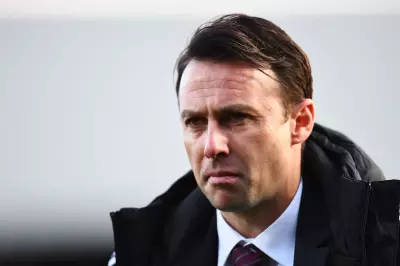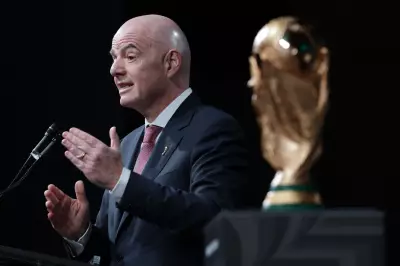
In the glittering world of modern football where financial excess often dictates success, one French club is charting a remarkably different course. Stade Rennais, under the stewardship of the billionaire Pinault family and charismatic manager Habib Beye, is proving that strategic planning and financial discipline can compete with petrodollar-fuelled dominance.
The Rennes Revolution: Stability Over Splurging
While Paris Saint-Germain continues to dominate headlines with blockbuster signings and astronomical wages, Rennes has been quietly building something more sustainable. The club's innovative 'stability plan' focuses on developing young talent, making astute signings, and maintaining financial health rather than chasing quick fixes.
Beye's Vision: Building from the Ground Up
Manager Habib Beye, the former Senegal international who's become the face of Rennes' transformation, emphasises the long-term approach. "We're not here to make noise in the transfer market," Beye explains. "We're building a project that lasts, that our fans can be proud of for years to come."
This philosophy has seen Rennes become a production line for young talent, with the club's academy producing players who either strengthen the first team or generate significant transfer revenue to reinvest in the project.
The Pinault Family's Calculated Investment
Unlike many wealthy owners who treat football clubs as vanity projects, the Pinault family – through their holding company Artémis – has taken a measured approach. Their investment is substantial but strategic, focusing on infrastructure, youth development, and sustainable growth rather than flashy marquee signings.
Competing with Giants: The Financial Reality
The financial gap between PSG and the rest of Ligue 1 remains substantial, but Rennes' model shows there are alternative paths to success. By carefully managing resources and making smart decisions in the transfer market, the club has consistently punched above its weight.
Key elements of Rennes' success include:
- Strategic player trading that balances squad quality with financial health
- Investment in state-of-the-art training facilities
- Developing a clear playing identity that attracts specific talent
- Building a cohesive squad with strong team spirit
The Future of French Football?
Rennes' approach offers a blueprint for other clubs facing similar financial disparities in their domestic leagues. While PSG's model relies on continuous heavy investment, Rennes demonstrates that careful planning and development can create lasting success without risking financial ruin.
As Beye concludes: "We may not have the budget of PSG, but we have something equally valuable – a plan, an identity, and the patience to see it through. In modern football, that's becoming increasingly rare."





